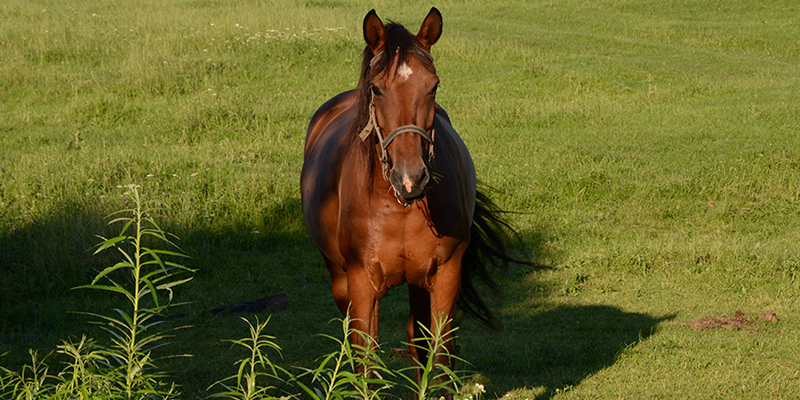18.1 Locative Case of Adjectives and Ordinal Numerals

In this module, you will learn the locative case endings of adjectives and of ordinal numerals for all genders and for plural. You will practice agreement between adjectives/ordinal numerals and nouns in common locative case contexts.
Завдання 1
Read the captions below and note the locative case forms of the adjectives. Note that the masculine and neuter adjectival endings are the same and that the plural adjectival ending is identical to the genitive plural adjectival ending (-их). To review the locative case forms of nouns, see Modules 4.1-4.6.
 Я люблю́ чита́ти вдо́ма на зручно́му дива́ні або́ в зручно́му крі́слі.
Я люблю́ чита́ти вдо́ма на зручно́му дива́ні або́ в зручно́му крі́слі.
 Взи́мку я люблю́ чита́ти у батькі́в на те́плій ку́хні.
Взи́мку я люблю́ чита́ти у батькі́в на те́плій ку́хні.
 Я люблю́ чита́ти в за́тишних кав’я́рнях.
Я люблю́ чита́ти в за́тишних кав’я́рнях.
Complete the sentences below with the most logical answer.
Завдання 2
You will hear six unfinished statements. Select the most appropriate ending to each.
Завдання 3
Read the image caption and note the differences in locative case endings between hard- and soft-stem adjectives. Note that there is no difference for feminine adjectival endings!

Наш та́то за́раз живе́ на да́чі і ко́жного дня хо́дить в одна́ковому о́дязі: в си́ніх спорти́вних штана́х, в си́ній ле́гкій соро́чці і в бі́лому лі́тньому капелю́сі.
Complete the sentences below using the words from the bank.
Завдання 4
Read the information below about three Ukrainian students and answer the questions that follow.
- Мико́ла навча́ється на дру́гому ку́рсі істори́чного факульте́ту у Льві́вському націона́льному університе́ті.
- Дари́на навча́ється на четве́ртому ку́рсі факульте́ту економі́чних нау́к в Націона́льному університе́ті «Ки́єво-Могиля́нська акаде́мія».
- Оле́г навча́ється на тре́тьому ку́рсі факульте́ту інозе́мних мов у Ха́рківському націона́льному університе́ті.
Завдання 5
Read the conversation between two friends and mark all adjectives and ordinal numerals in the locative case. Then answer the questions that follow.
Ціка́во!
На вихідни́х (“on the weekend”) is a common time expression that uses an adjective in the locative case. This is an adjective that functions as a noun, so it is used on its own. The expression derives from the phrase вихідні́ дні, which literally means “going-out days,” but the noun дні was gradually dropped.
Завдання 6
You will hear six questions. Select the most appropriate response to each.
Ціка́во!
Several more common adjectives that are used as nouns in Ukrainian often appear in the locative case phrases. For example:
в майбу́тньому – in the future
в мину́лому – in the past
в сере́дньому – on average
Завдання 7
Complete the sentences below using the most appropriate words or phrases from the bank. While some words may seem suitable for more than one blank, there is only one way to use them all logically and correctly.
Мо́вний пазл
Look through the activities you have just completed and choose the correct statements below to summarize what you have learned.
А тепе́р тест!
Complete the dialogue below by providing appropriate forms of the adjectives from the bank. Pay careful attention to grammatical context in deciding on the form of each adjective. You will use each adjective only once.

